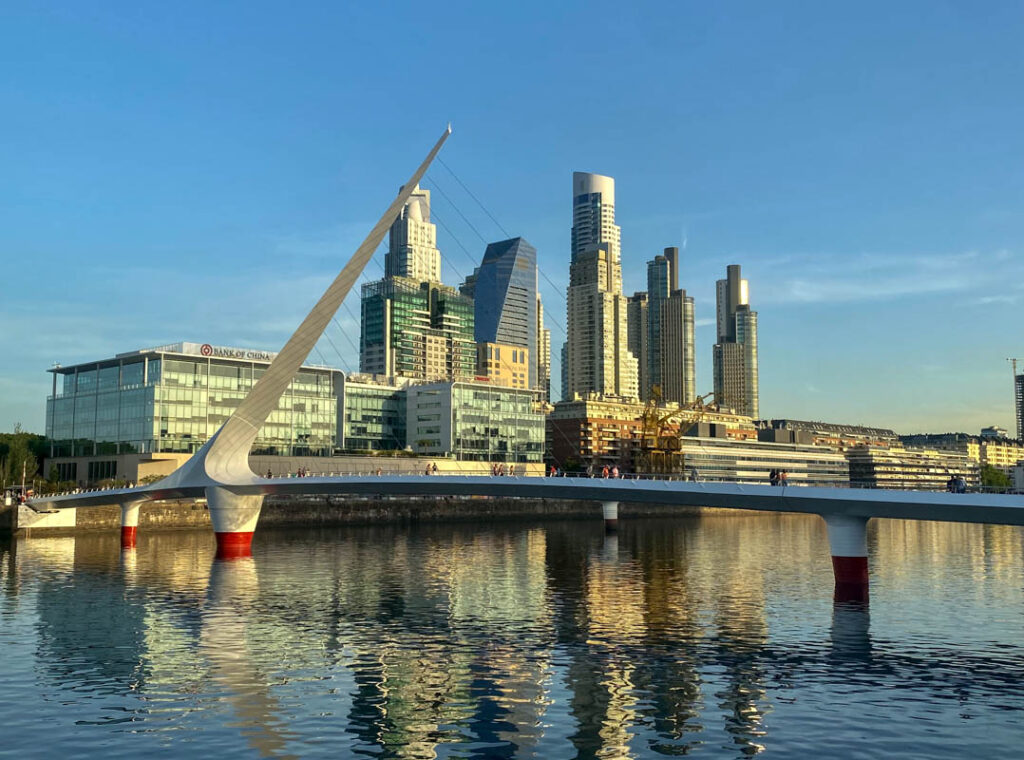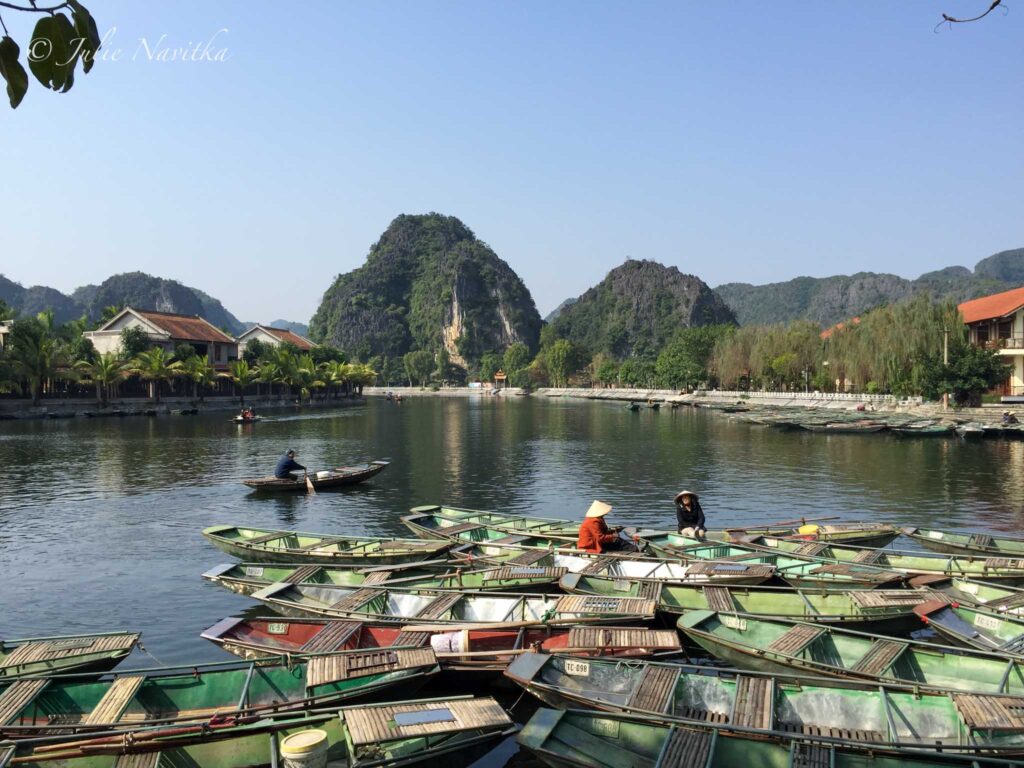Ecotourism: Another Way to See the World
Estimated reading time: 14 minutes
With so many of us flocking back to travel post-pandemic, practicing sustainable travel is essential to protect our planet, people, and future generations. Ecotourism is another way to see the world by supporting local communities and the local economy while keeping our carbon footprint in mind.
key takeaways
- Today, more than ever, travellers are looking for ways to make their trips more sustainable.
- Ecotourism is becoming more popular around the world, both for destinations and for travelers.
- Ecotourism is a form of travel where one is committed to having only a positive impact on the environment, people, and economy of their destination.
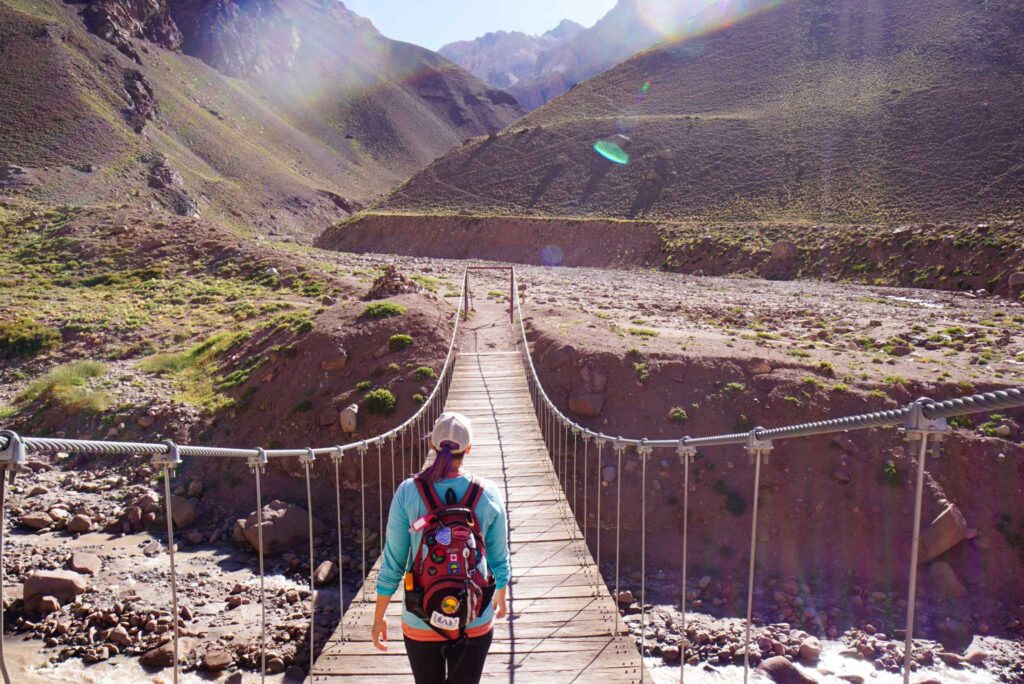
Jump Ahead:
The Most Sustainable Destinations
What is Ecotourism?
Many conscious travelers already maintain sustainable practices abroad, such as going plastic-free or choosing slow travel. But what is the difference between eco-friendly travel and ecotourism?
There is one key component to ecotourism that might separate it from other travel, even eco-friendly travel – the purpose of the trip. Of course, all travelers want to explore new places and experience new cultures and fun adventures. When choosing our travel destinations, we typically factor in the cost, time, climate, and landscape of the place we’d like to visit. But if you choose a trip primarily because your presence would surely benefit the environment, local communities, and the local economy, then you may be participating in ecotourism.
Wikipedia defines ecotourism as “a form of tourism involving responsible travel (using sustainable transport) to natural areas, conserving the environment, and improving the well-being of the local people. Its purpose may be to educate the traveler, to provide funds for ecological conservation, to directly benefit the economic development and political empowerment of local communities, or to foster respect for different cultures and for human rights.”
Ecotourism is a form of travel that falls under the scope of sustainable tourism, which encompasses a set of guidelines to help us travel more sustainably. Ecotourism is a commitment to conscious travel with only positive environmental impacts while actively supporting local businesses and organizations with ethical practices.

Why Should We Care About Responsible Travel?
With so many more of us traveling these days, conscious and green tourism is necessary. If we aren’t keeping sustainability in mind when choosing our destinations and throughout our trips, we are likely creating severe negative impacts on the environment, the community, and local people. Sustainable lifestyles should extend beyond the practices we employ at home.
Sign up for our newsletter here and we’ll send you a free copy of our “Ultimate guide: Understanding Sustainability!”
Ecotourism Protects Nature and Ecosystems
Practicing conscious travel can lessen our environmental impact on the local ecosystems. From “small scale” choices like foregoing single-use plastics and using eco-friendly detergent to more direct ones like opting for tours or a travel experience that is animal cruelty-free. When you practice nature-based tourism and actively support businesses with a clear mission to protect the environment in which they operate, you can rest assured that you have a positive impact on the ecosystem.
Ecotourism Can Provide Sustainable Income for Local Communities
If we’re not careful with our choices, we may do more harm than good to the economy and the local community. As visitors to foreign countries, we are responsible for educating ourselves on how to support the small businesses owned by locals. Local businesses and accommodations reinvest more in the local economy than chain stores and hotels, making community-based tourism the best choice. When choosing tours, look for companies that employ local guides and support local farmers for their meal needs.

Choosing Your Ecotourism Destination
Of course, you will need to consider prices, your interests, and what kind of adventure you want to participate in for your next trip. You’ll also want to follow sustainable travel guidelines such as avoiding single-use plastic, using public transit, and reducing water use and waste production. On top of those factors, you should consider some other things for maximum sustainability.
Educate Yourself About the Country You are Visiting
By learning more about the countries you wish to see, you can make an informed decision about whether you can or want to travel there.
Is it safe? Will there be benefits to the local communities and environment that come from your stay? Where will your time and money be best spent? Are there currently any political, economic, or environmental issues that you should be aware of and take into account?
Educating ourselves about the history of a place can also help us understand the people and practices there. As visitors practicing cultural ecotourism, we should first learn about our destination before arriving if we want to engage in responsible travel.
We also need to be aware of sensitive cultures and traditions that may be threatened by the presence or influence of outside visitors. Only visit a country or region if your presence may benefit the cultural preservation of the population.

Only Engage in Ethical Animal EcoTourism
If planning a trip that involves enjoying wildlife in some way, we must investigate the companies offering these experiences. They should have a clear mission statement that prioritizes biodiversity and ecological preservation and integrity. A company genuinely aiming to do this will be transparent about how they are achieving this goal. Don’t be afraid to ask them for details about how they protect the welfare of the animals. They won’t have anything to hide if they are earnest about their environmental impact.
You can also look for specific accreditations like certified B Corp companies or for those that are members of the Global Sustainable Tourism Council (you can check for member companies here.)
If you have any suspicion that the wildlife tourism experience may be harmful to the animals, trust your gut. Steer clear of companies that let you feed, ride, touch, or swim closely with wildlife. Restraining animals in any way is also a red flag, whether it’s to take a picture or inhibit their movement to keep them close enough for viewing.

Go to Places That Need Your Support
As a general rule, most countries’ economies would benefit from you visiting, but it is not always the case. Tourism in a region can lead to a decline in traditional employment, leaving gaps in the system. It can also increase the cost of living in central areas of tourist destinations, forcing locals out. Before choosing your next ethical tourism adventure, look into the economic situation and how you might make a positive impact with your stay. If you suspect that your visit might contribute to any economic issues the country is facing, I encourage you to choose another destination.
The Most Sustainable Destinations
If you know what to look for in a travel company and tour, you can be an ecotourist anywhere in the world. Many countries are starting to recognize the benefits of greening their tourism industry.
You may want to take a cooking class, spend time sustainably at the beach, explore local markets, or partake in crazy active outdoor recreation. Regardless of your style, here are just a few locations that are well-known for their eco-conscious travel:
Botswana
Although small, Botswana packs a punch. This landlocked African nation developed a national ecotourism strategy in 2002 to preserve its wildlife and natural resources. Today, jobs in the ecotourism industry rank second highest in the country.
Botswana is setting the ecotourism bar fairly high with anti-poaching and fisheries management, an animal welfare society, and a predator conservation trust.
I had my own sustainable adventure travel to Botswana and the beautiful Okavango Delta in 2018, and I can tell you, it’s worth the trip.
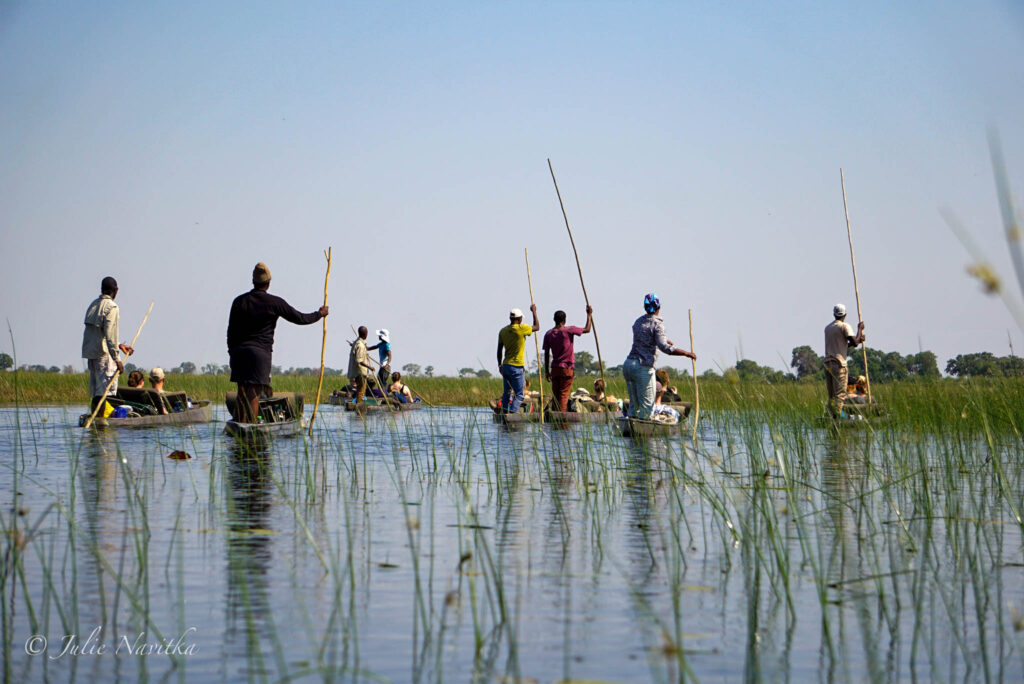
New Zealand
From its stunning landscapes to its friendly people and rich Maori culture, New Zealand stole my heart. The fact that it takes ecotourism seriously is just one more reason to visit. New Zealand ecotourism “endeavors to maintain our current status and minimize the impacts of ecological effects on the environment.”
Tramp (hike) and camp on all ten of their “Great Walks,” visit caves filled with glow worms, or tour a winery or sheep farm as part of your kiwi adventure. You can find a list of many low-impact travel opportunities, along with tour operator suggestions here, in the New Zealand Tourism Guide.

Borneo
With half of its forests lost in the last thirty years to loggers and deforestation for palm oil plantations, the ecosystems of Borneo were in trouble. The third largest island in the world is home to many endemic species that have already lost so much of their habitat. Tourism here is slowly increasing but is controlled and monitored closely to ensure it is sustainable.
You can help preserve the forest by going on an Orangutan holiday or visiting Tun Mustapha Park, a 10,000-kilometre protected marine landscape. I have yet to visit Borneo, but it’s definitely on the list!

Iceland
This country has been on my bucket list forever. As a hiker and mountain addict, the landscapes here seem like heaven on Earth. Aside from hiking the breathtaking terrain, you can go on an arctic sea tour, a glacier adventure, caving, whale watching, and more!
Iceland takes sustainability seriously and aims to be carbon-neutral by the year 2040. You can look for the Vakkin Quality logo to find businesses like green accommodations that operate ethically and sustainably to support during your visit. Another way to ensure your visit is sustainable is to travel slow, go in the off-season (outside of June – August), and enjoy the clean, fresh Kranavatn tap water.

The Galapagos Islands
Well known for their exploration by Charles Darwin, the islands became the world’s first UNESCO-designated world heritage site. Located at the equator, any time of year is perfect for a visit. You can choose to take a cruise trip, an island-hopping tour, or stay on one of the larger islands and do day tours from there.
I visited way back in 2008, and we stayed on Isabela Island and took day tours to see the giant tortoises, swim with penguins, and hike to hidden caverns. Learn more about your eco-conscious travel options at the Galapagos Conservancy website.

Costa Rica
Costa Rica has been known as an eco-friendly travel and ecotourism hub since the 1990s. The small region contains nine wildlife refuges, 29 national parks, and eight biological reserves. Some of the countless adventures you can have here are touring a coffee plantation, snorkeling, or visiting an active volcano.
Costa Rica is also known for its availability of sustainable accommodation. You can find more information about that here, or you can use the Ecobnb website to help you find an eco-friendly stay.

Other Countries Worth Mentioning
Some other destinations with a wide variety of ecotourism options are Bhutan, Palau, Kenya, Panama, Rwanda, and Norway. I have hiked my heart out in Norway and am adding all the others to my bucket list!
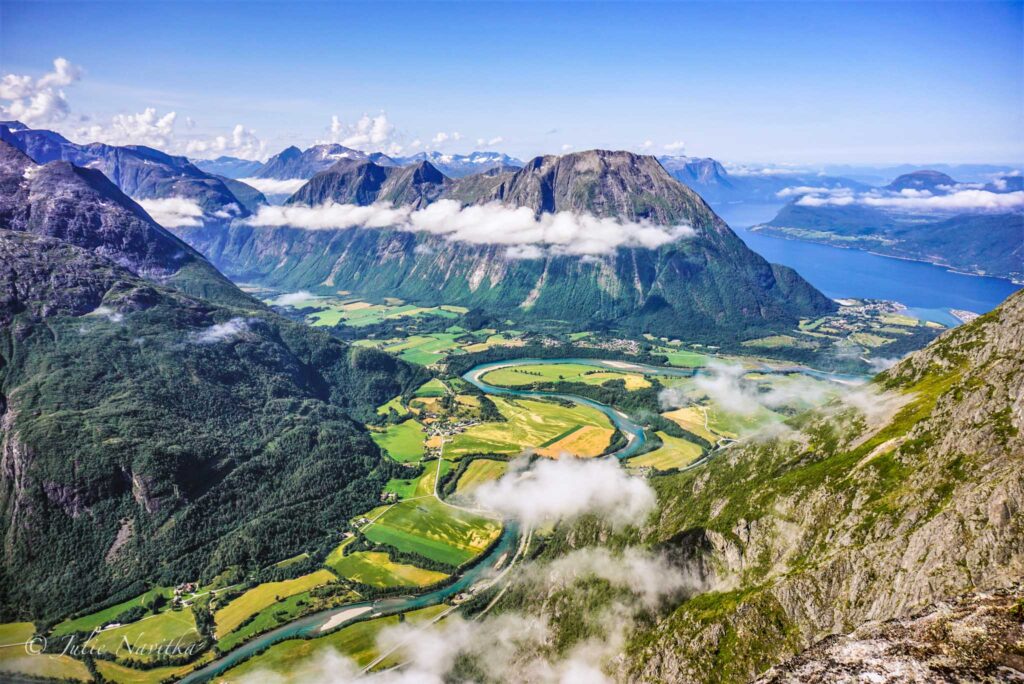
Ecotourism Destinations to Reduce Your Emissions Impact
If you live in North America, taking ground transportation can reduce your carbon footprint. There are plenty of options for ecotourism right here in our own backyard. Here are two well-known destinations for nature and adventure lovers.
Alaska
I took a road trip from my hometown of Winnipeg, Manitoba, to Alaska one summer, and it is jaw-droppingly beautiful. Whether you want to do extensive hiking, wildlife viewing, or watch the night skies in hopes of spotting some northern lights, Alaska truly has it all.
You can find green businesses on Adventure Green Alaska’s site, and ensure that you practice Leave No Trace principles to make sure your trip is sustainable.
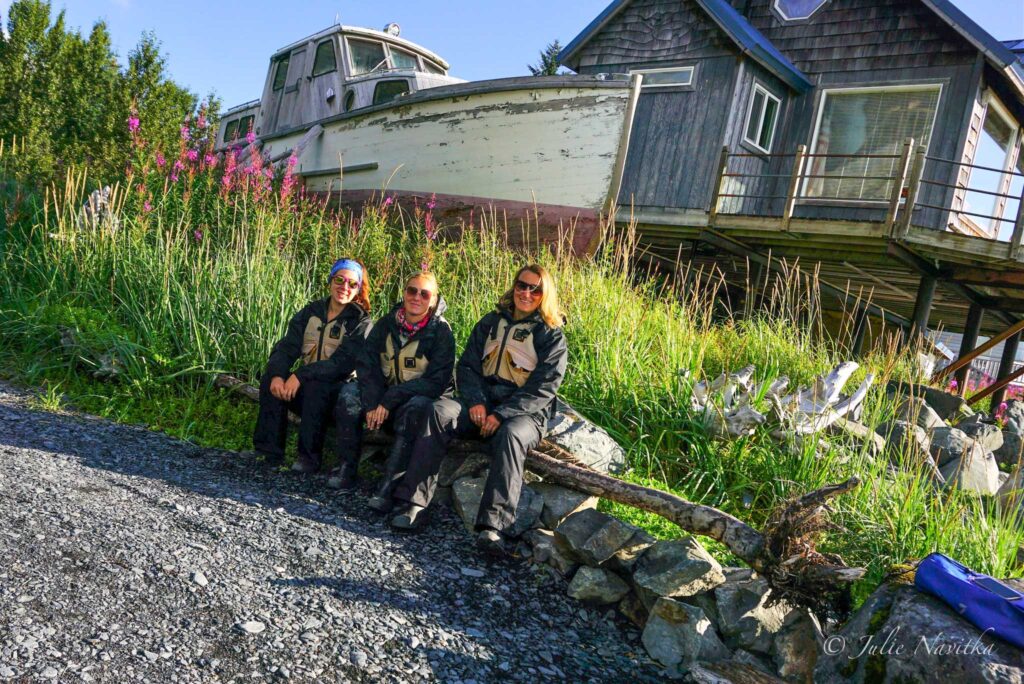
Colorado
Home of Rocky Mountain National Park, Colorado is a must-visit for outdoor adventure seekers. Counting 42 state parks, you can choose anything from paddling to ranch tours and learning about the Indigenous roots of the area. Start planning your next sustainable adventure travel to Colorado now!
I had the pleasure of visiting Denver back in 2014, and was recently able to do some hiking in the beautiful Rocky Mountain National Park this past fall.
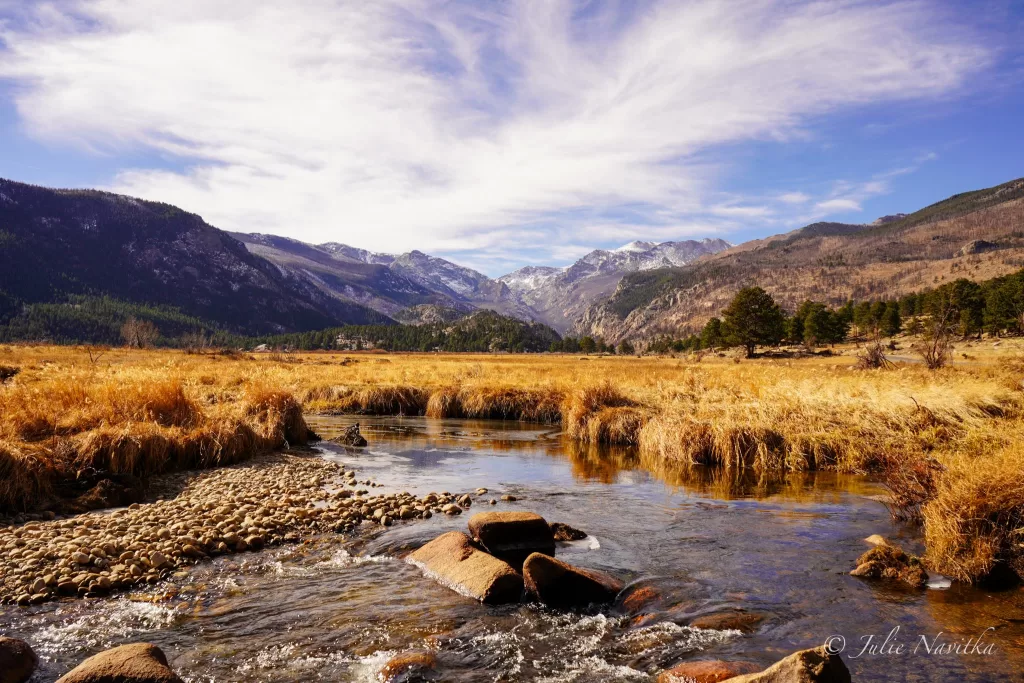
If You Want to Visit More Popular Tourist Destinations
In a perfect world, all of our travel experiences would be geared toward ecotourism. But of course, no one is perfect! There are many ways to make your “regular” travel more sustainable. Packing eco-friendly items and travel products made from sustainable materials, using public transport, and minding your plastic consumption are just a few of them. Peruse our other articles in our Sustainable Travel category such as “A Dozen Practices for a Sustainable City Trip,” or “The Top Ten Sustainable Cities in the U.S.” for more information and ways to make your travel more earth and people friendly.
In Conclusion
While sustainable and conscious travel is a set of guidelines to help us make our getaways more Earth and people-friendly, ecotourism is a form of travel that puts the purpose and focus on nature. By traveling as an ecotourist, we are committing to choosing our trips based on how we can benefit the area we visit.
I hope this article has helped you find an eco-friendly alternative for your next adventure. Remember to pack your reusable water bottle, reusable straw, and shopping bag to enjoy a plastic-free holiday!


